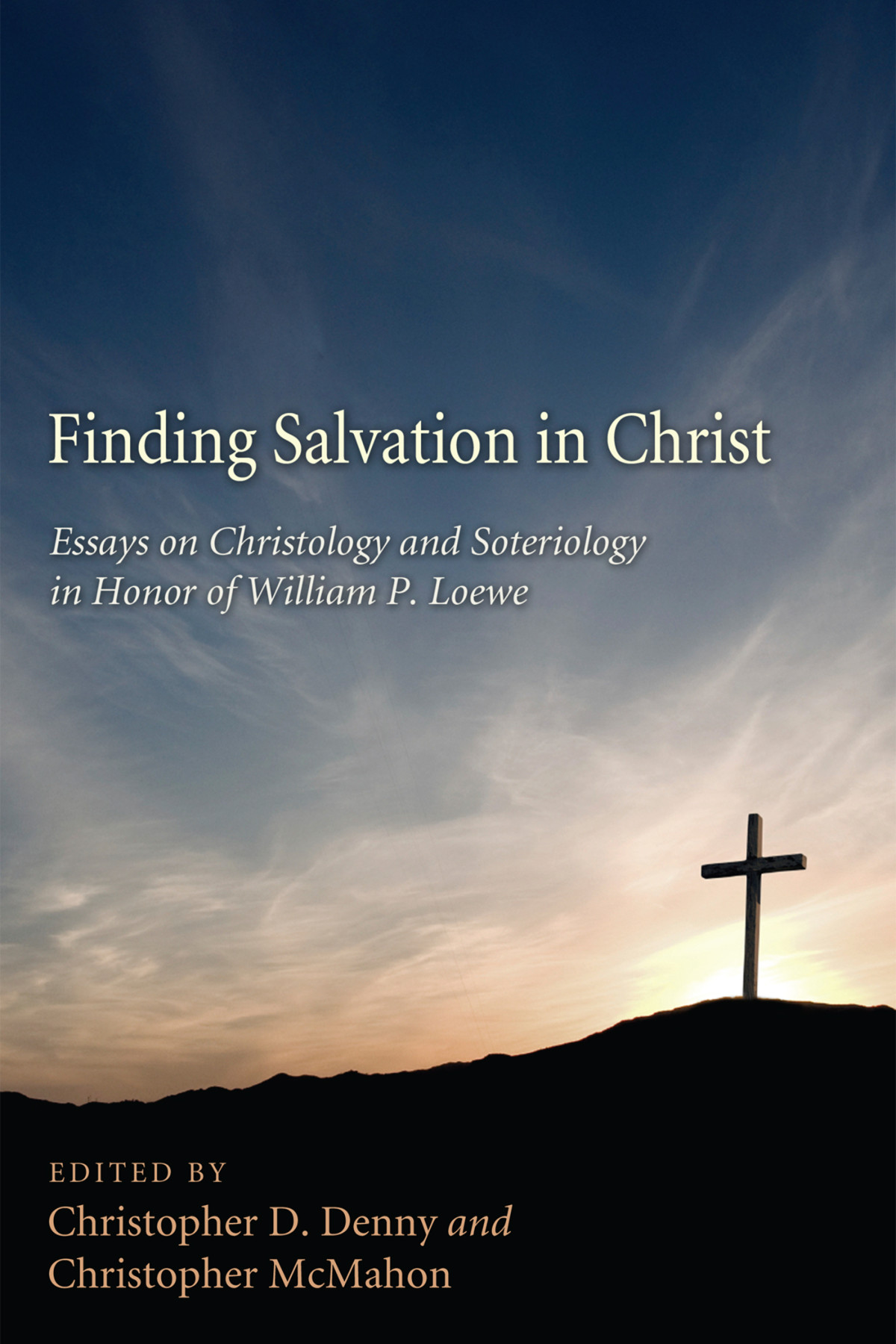

Most ebook files are in PDF format, so you can easily read them using various software such as Foxit Reader or directly on the Google Chrome browser.
Some ebook files are released by publishers in other formats such as .awz, .mobi, .epub, .fb2, etc. You may need to install specific software to read these formats on mobile/PC, such as Calibre.
Please read the tutorial at this link: https://ebookbell.com/faq
We offer FREE conversion to the popular formats you request; however, this may take some time. Therefore, right after payment, please email us, and we will try to provide the service as quickly as possible.
For some exceptional file formats or broken links (if any), please refrain from opening any disputes. Instead, email us first, and we will try to assist within a maximum of 6 hours.
EbookBell Team

0.0
0 reviewsFinding Salvation in Christ brings together some of the most important figures in contemporary theology to honor the work of William Loewe, systematic theologian and specialist in the theology of Bernard Lonergan, SJ. For over three decades Loewe's writings have sought to make classic christological and soteriological doctrines comprehensible to a Catholic Church that is working to integrate individual subjectivity, communal living, and historical consciousness in the wake of the Second Vatican Council. Essays included in this volume assess Loewe's reinterpretation of patristic and medieval Christology from Irenaeus to Anselm of Canterbury, and explain the significance of the theology of Lonergan and Loewe for the fields of soteriology, economics, family life, and interreligious theology. While some recent postliberal theologies have polarized the church's relationship with contemporary culture by minimizing similarities between Christianity and other worldviews, the contributors in this volume continue Lonergan's project of integrating the findings of various intellectual disciplines with Christian theology, and use Loewe's historical and systematic work as a guide in that endeavor. While Lonergan's transcendental Thomism has been criticized by both traditionalists and revisionists, essays in this collection apply Loewe's theological methodology in a variety of ways to demonstrate that time-honored doctrines about Christ can be transplanted into new cultural contexts and gain intelligibility and credibility in this process. Having lived and labored through the far-reaching changes in Catholic thought introduced in recent decades, Loewe's career provides a model for theologians attempting to build bridges between the past and the present, and between the church and the world.